A used EV in 2028 could look pretty good, if we don't kill incentives today
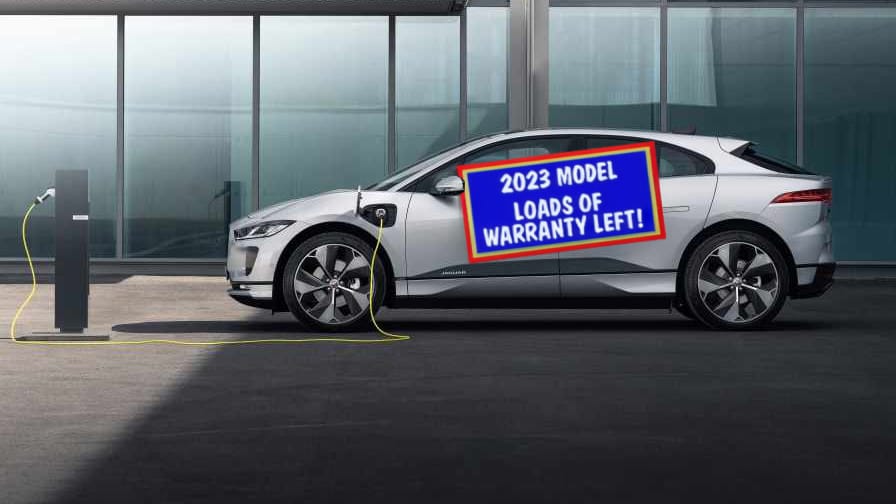
Australia's Productivity Commission this week recommended scrapping the FBT exemption for EVs, which has of course gotten the Electric Vehicle Council cranky.
It's easy to dismiss that as a lobby group trying to protect its patch, but the Productivity Commission’s proposal reads like the usual spreadsheet-driven thinking that completely misses how car markets actually work.
The proposal is a strategically deadshit move that, if adopted, could kneecap any further transition to EVs and punish those it’s supposed to help: future used-car buyers.
The most common criticism of the FBT exemption is that it’s a handout for well-off professionals on novated leases. And, hey, that ain't entirely wrong.
But that view misses the single most valuable function of fleet incentives: they are the engine room of the second-hand market. A 2025 model on a corporate lease today is the affordable, sub-$30K family EV of 2028!
(Jump to the end if you wanna talk about why anybody would want to buy a used EV with an ageing battery pack.)
By incentivising businesses and fleets to absorb the initial depreciation hit now, we are directly creating an accessible and affordable used EV market for everyone else in three to four years. Killing this incentive doesn’t punish 'the exec who should be buying his car without handouts'; it punishes the person looking for a bargain in the future.
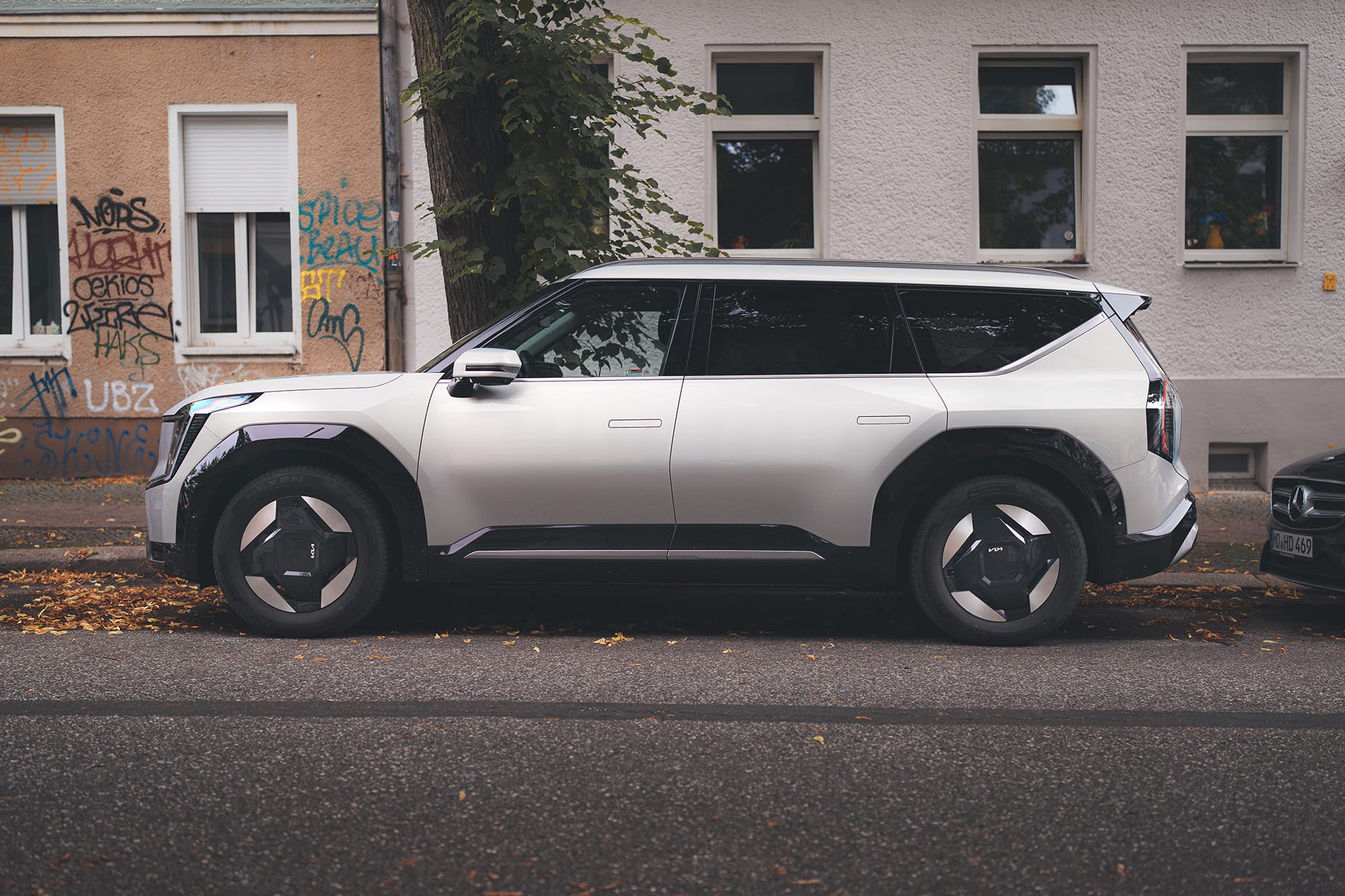
Any argument that our EV market is now “mature” enough to stand on its own is also nonsense. At under 10% of new sales, our EV market isn’t mature; it’s adolescent at best.
Countries with successful transitions used incentives to push them well past the 20% tipping point.
But this is where the Productivity Commission’s logic shits itself, (because all conservative-minded, cost-cutting exercises do) – its recommendation to pair this cut with the New Vehicle Efficiency Standard (NVES) fundamentally misunderstands policy.
The NVES is a “supply push,” forcing carmakers to bring EVs here. The FBT exemption is a “demand pull,” helping people actually buy them. Without a demand-side incentive, the cars being forced into the country by the NVES would still be too expensive for many, stalling the entire process.
We need to stop sooking about the short-term cost and see this critical, market-forming policy through to its logical conclusion. Pulling the pin now might look neat on an accountant’s ledger – job done mate, here's your bonus and promotion! – but it’s a decision that would make our future car market more expensive and less competitive.
Why should anybody buy a used EV, only to be slapped with an expensive battery replacement bill not long after?
This is probably the most common and potent piece of FUD (Fear, Uncertainty, and Doubt) that critics would use to discourage the purchase of a used EV.
It was a valid concern for a while, in the 'early days' of modern EVs, but the fear doesn't quite match the reality anymore.
First, almost every EV comes with a separate, long-term battery warranty – typically eight years and 160,000km. A three or four-year-old used EV still has half of that factory warranty left, which is a massive safety net for a second owner.
Second, the idea that the whole battery pack dies and needs a $20,000 replacement is largely a myth. Modern battery packs are modular. If a fault develops, it’s usually a single module that needs replacing, which is a far cheaper repair. There's already a growing third-party industry for this, which will only get more competitive.
You should also weigh that risk against the alternative. What's the potential cost of a transmission failure or a full engine rebuild on a German sedan or a dual-cab ute out of warranty? That can easily run into five figures. When you factor in the thousands you've already saved on fuel and maintenance with the EV, the financial risk profile doesn't look so scary anymore. In fact, it starts to look pretty damn good.
If you'd rather buy a 20-year-old car and do all the maintenance work and parts sourcing yourself, because you've got the skills and the parts are easily found and worked on... go for it!
But when it comes to 'unexpected hit to the wallet' costs of an EV, there's no argument that doesn't also apply to today's complex and locked-down combustion cars.
No spam, no sharing to third party. Only you and me.


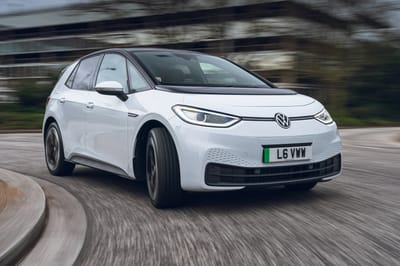

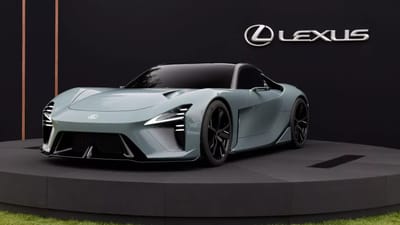
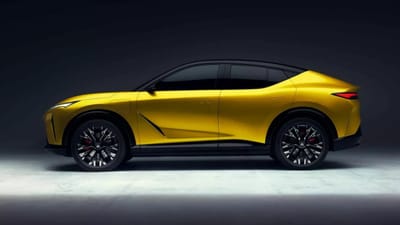
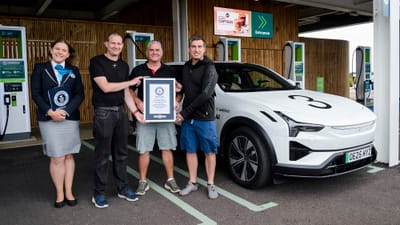

Member discussion